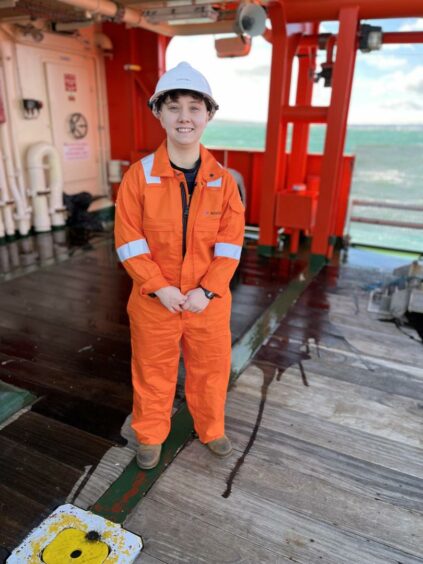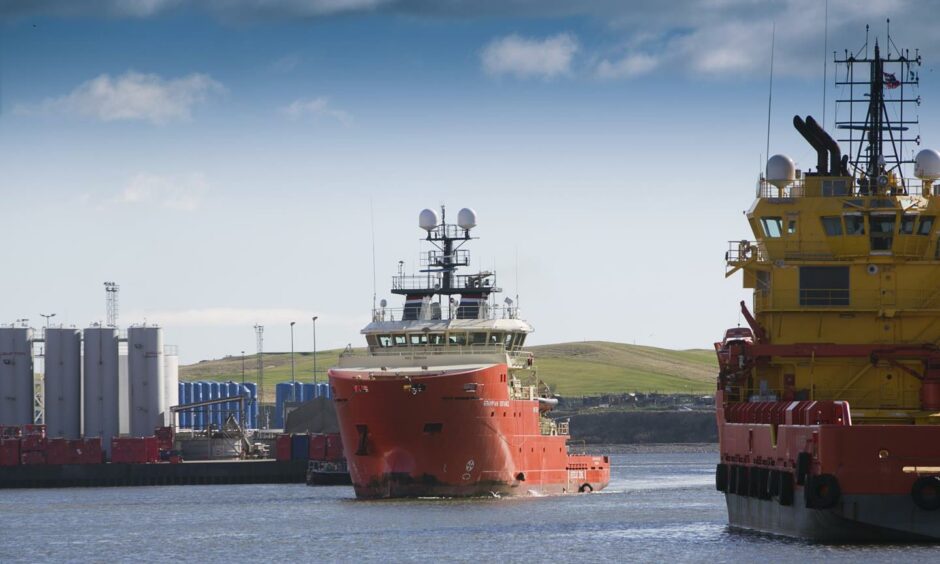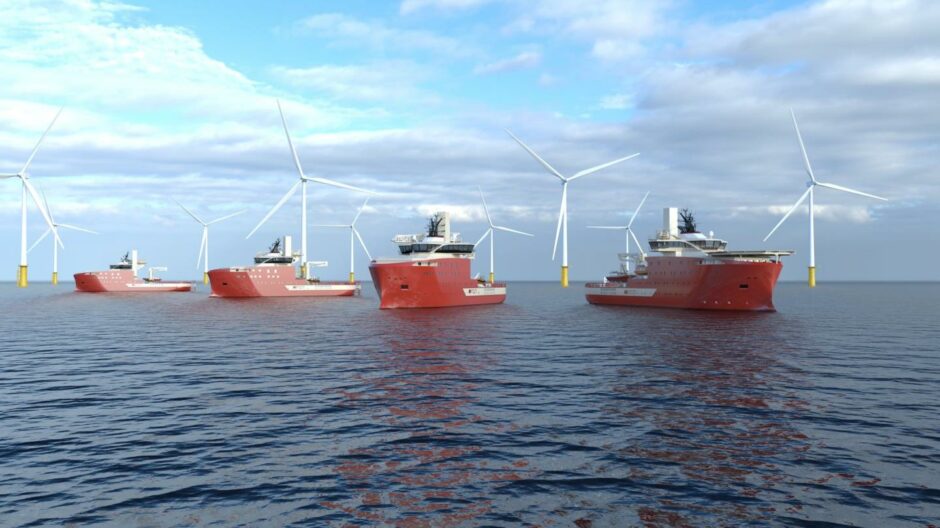
From a young age Courtney Stanton has known that her future lay in engineering – having a classic car engineer for a dad made sure of that.
Unsure of the best way to achieve her ambitions, she took A Levels in maths, physics and design and was successful in securing a spot at university.
But drawn to the idea of learning on the job and gaining invaluable skills, she opted to turn down the offer and instead headed down the traineeship route.
“I knew that with engineering it is more suitable to do an apprenticeship in order to get hands on experience – employers always like that. I wanted something a bit more exciting than working behind a desk for hours every day,” the 21-year-old from Wiltshire explained.
While planning her next step, Courtney came across shipping group North Star’s cadet training programme and decided it would be a “good idea” to enrol.
Now in its 26th year, more than 400 people have successfully completed the company’s three-year course since its inception.
Courtney said: “It is a great programme. The course is split into five phases. Three are at college where I have been working towards my foundation degree in marine engineering. The other two are spent training and learning at sea.
“It is a really good way to do it because you can apply the things that you’ve learnt in the classroom in real life scenarios, and vice versa. It also gives you a taste of the job – that’s a massive bonus.”
Reflecting on what attracted her to North Star, Courtney says the company – the UK’s largest employer of offshore cadets – offers work in an “exciting growth area”, adding that she liked the idea of working on a platform supply vessel.
And while she acknowledged that “oil and gas is always going to be needed”, the chance to play a part in the energy transition was a big pull too.
North Star will play a key role in delivering net zero as the sole service vessel operator for the colossal Dogger Bank offshore wind farm, currently under construction in the North Sea.
“I’d love to have the opportunity to work on that project. It’d be very exciting to go from being a cadet to being employed as a qualified officer on one of the brand new ships supporting Dogger Bank,” Courtney said.
Since starting her cadetship more than two years ago, Courtney has worked on five of North Star’s 47 vessels in the North Sea and Irish Sea, spending up to eight weeks at a time offshore.
As well as coming across some “rather challenging” weather, she has also experienced being a rare female face in what remains a male dominated industry.
She said: “Statistics wise, I’ve worked with six or seven different sets of crew – all with a minimum of 12 people – and I’ve only ever worked with one other female.”
Moreover in Courtney’s class of 11 engineering cadets, there are just two women, and even to have that number is “quite rare” she said.
She added: “It is definitely male dominated, especially in oil and gas, but I do think it is changing. You are seeing a lot more women working in the maritime sector and that is a big positive.
“I’ve also had no negative experiences, everyone I’ve worked with has been very welcoming and I’ve made some lifelong friends.”

Courtney’s time as a cadet will soon come to an end when in the summer she qualifies as an engineer officers of the watch.
While she would like to get a job with North Star, which has 100 cadets enrolled on its programme, she is also keen to work on “many different vessels” in order to become a “well rounded marine engineer”.
Eventually Courtney has set her sights on becoming a chief engineer on a vessel and to turn her foundation degree into a BA or an MA.
She said: “That’s something that is great about the North Star programme. It makes it really easy to advance your qualifications and to keep on progressing.”
Recommended for you


 © North Star
© North Star